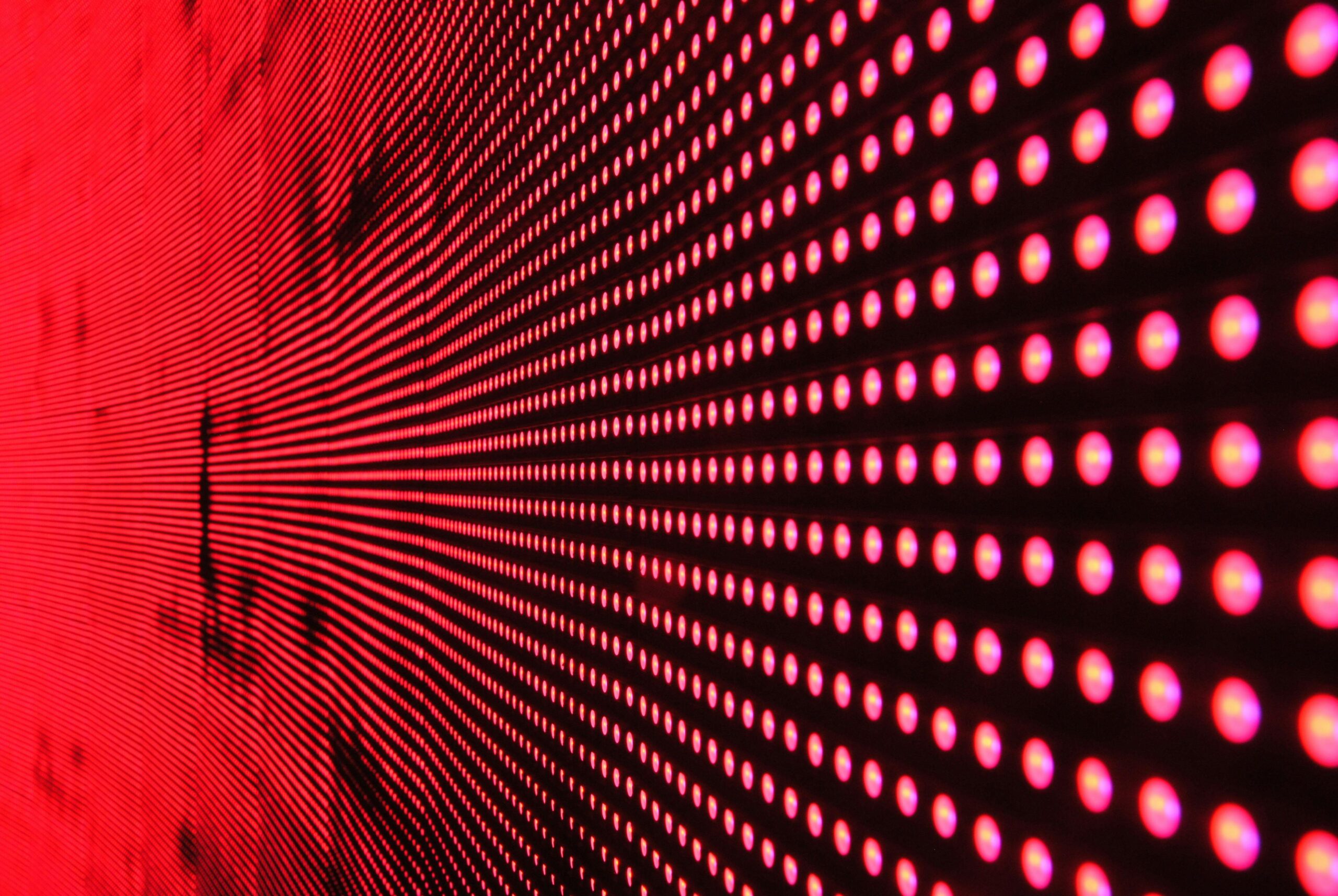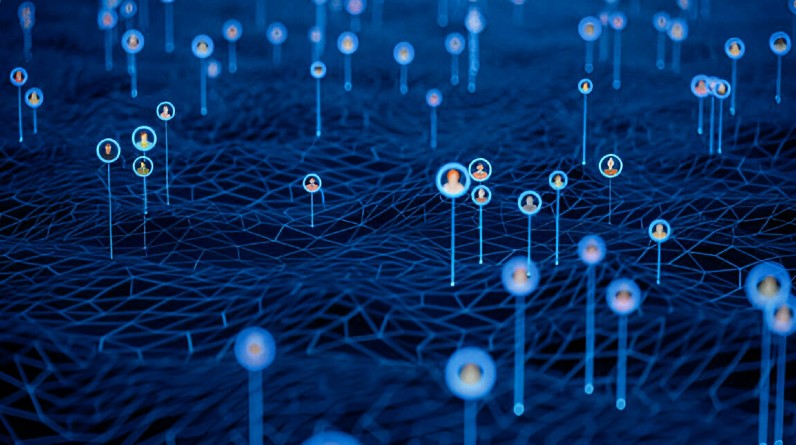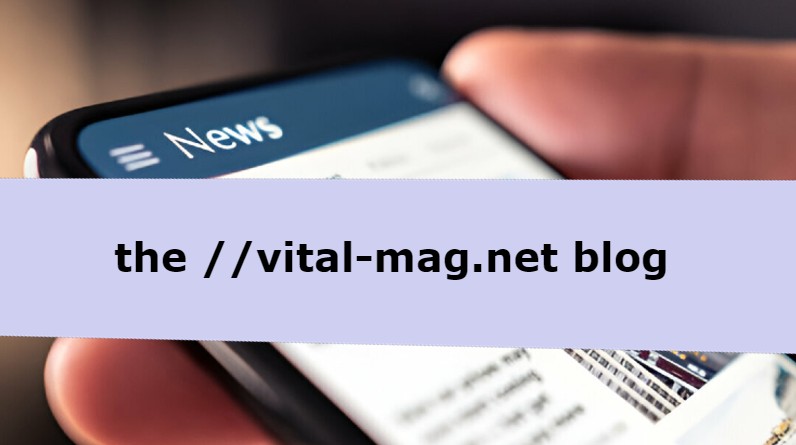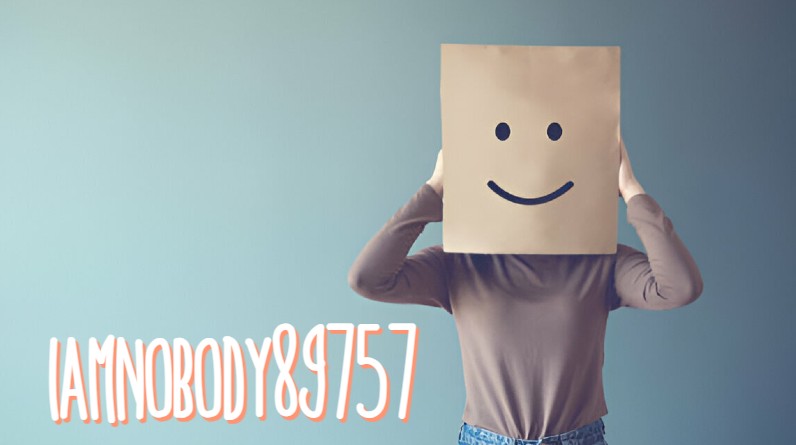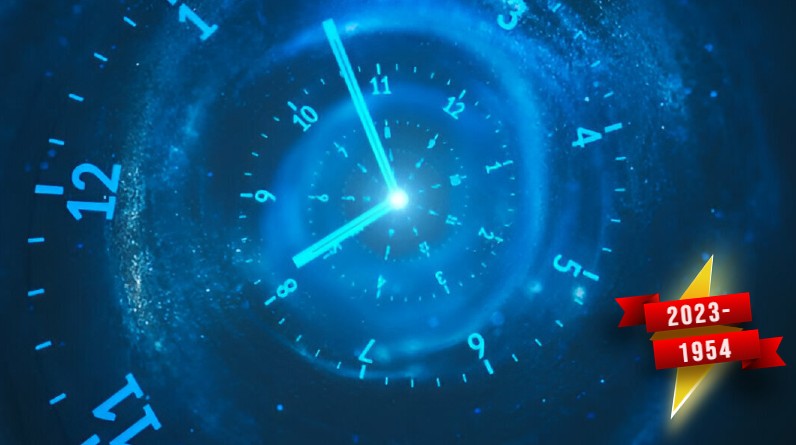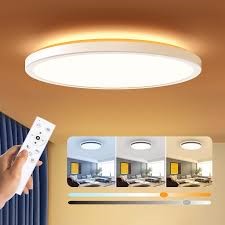Marketing is a very broad concept and there are many approaches to gain more customers or increase overall brand awareness. One of the major ways is giving coupons, this method is very much applicable because it creates a sense of winning and the customer will be back. On the other hand flash sales is also a way of creating robust demand, this article will uncover why flash sales work better than coupons.

Discounts have always been a cornerstone of retail marketing, enticing shoppers and boosting sales. Among the most popular strategies are flash sales and coupons. Both aim to drive purchases, like the aviator online but they differ significantly in how they influence consumer behavior. A closer look at their psychological impact reveals why flash sales often have the upper hand over coupons in capturing attention and generating immediate results.
Flash Sales: Creating Urgency and Excitement
Flash sales are short-term promotions offering significant discounts within a limited timeframe. These sales create urgency, compelling consumers to act quickly or risk losing out. This urgency taps into the psychological phenomenon known as FOMO (fear of missing out), which drives impulsive decision-making.
Flash sales also evoke excitement. The knowledge that an amazing deal is available only for a brief window adds an element of thrill to the shopping experience. This emotional engagement often leads consumers to make unplanned purchases, boosting the retailer’s sales volume.
Coupons: Encouraging Planned Savings
Coupons, on the other hand, are a more methodical approach to discounts. Typically valid over a longer period, they give customers the flexibility to use them when convenient. Coupons appeal to price-conscious shoppers who enjoy the satisfaction of finding and applying a deal.
However, this delayed gratification means that coupons lack the immediacy of flash sales. While they can effectively drive loyalty and repeat purchases, they don’t generate the same level of urgency or excitement.
Comparative Analysis
While both strategies aim to incentivize purchases, the way they influence consumer psychology varies:
1. Urgency vs. Flexibility:
- Flash sales capitalize on urgency, pushing customers to act immediately.
- Coupons offer flexibility, allowing shoppers to plan their purchases.
2. Emotional Engagement:
- Flash sales evoke excitement and a sense of exclusivity.
- Coupons provide a sense of accomplishment through planned savings.
3. Audience Targeting:
- Flash sales attract impulsive buyers looking for immediate gratification.
- Coupons appeal to budget-conscious consumers who value thoughtful planning.
Conversely, coupons’ extended validity can lead to procrastination. Shoppers may forget to use them or prioritize other purchases, reducing their effectiveness. While coupons are excellent for customer retention, they lack the immediate sales boost that flash sales provide.
Striking a Balance
Despite their differences, flash sales and coupons can complement each other when used strategically. For instance, a retailer could use flash sales to attract new customers and clear inventory, then offer coupons to encourage repeat visits. This combination leverages the strengths of both approaches, maximizing their impact.

Conclusion
Flash sales and coupons are both valuable tools in a retailer’s arsenal, but they serve different purposes. Flash sales excel at generating immediate action and excitement, while coupons are better suited for fostering loyalty and long-term engagement. By understanding the psychological drivers behind these strategies, businesses can choose the right approach to meet their goals and cater to their target audience. Ultimately, a mix of both strategies, tailored to specific objectives, ensures a well-rounded and effective discounting strategy.
For the latest updates and information, keep checking SimpCity.

